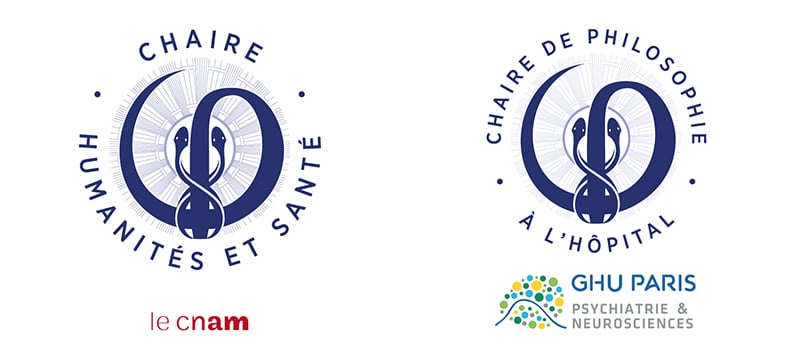https://www.youtube.com/watch?v=Ln0ZYJY1yG0Psychiatry can be seen as three types of activity: a scientific activity, a caring activity and a political activity (in the sense of social organisation). Using historical, sociological and epistemological approaches, we will explore the forgotten territories of psychiatry that could all too quickly be dismissed as a science of the brain.
If psychiatry is a science, what is its purpose, what are its concerns and what are its methods? The emphasis of psychiatry as a science of the brain is recent and its roots need to be unravelled in order to understand what other scientific territories may have been overlooked and why.
If psychiatry is a caring activity, can we speak of a specificity of psychiatry within medicine? Does the psychiatrist only care for a brain? Psychiatric symptoms are fundamentally patterns of speech, emotional manifestations and behaviour. As such they are first interpreted as social abnormalities. But are these symptoms really social deviances? Taking up Erving Goffman’s line of thought, it can be argued that people with mental disorders do not try to disregard social norms. This explains the potential “devastation” that these disorders can cause both to the people who suffer from them and to their various social groups.
If psychiatry is a form of social organisation, it is necessary to look at the organisation of the profession itself and especially what space is reserved for psychiatric patients. Imagining a form of organisation involving psychiatric patients themselves, based for example on the model used for AIDS in the 1980-90s, is not without its difficulties, particularly because these disorders affect identity, language and the ability to interact socially, thus making it difficult to form a socially active group

